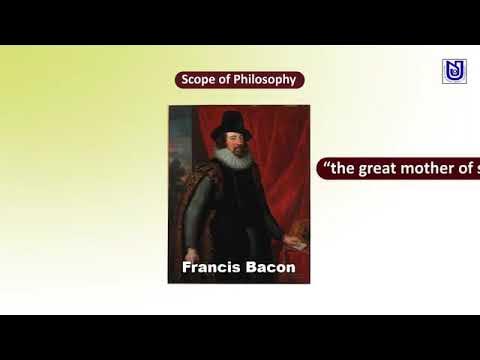KONSEP BUDAYA| PENGERTIAN BUDAYA DAN SENI
Summary
TLDRIn this video, the speaker explains the concept of culture, exploring its origins, scope, and dynamic nature. Drawing from both Sanskrit and English etymology, culture is defined as the collective actions, thoughts, and works passed down through generations, shaping human identity. The speaker delves into the broad scope of culture, covering social norms, arts, economy, and politics, and highlights its key characteristics: essential, universal, adaptive, dynamic, and integrative. The video emphasizes how culture helps differentiate humans from animals and adapts over time to societal changes, ultimately fostering communication and societal cohesion.
Takeaways
- 😀 Culture is a concept derived from both Sanskrit (buddhayah) and Latin (colere), referring to the intellectual and developmental aspects of human life.
- 😀 Culture encompasses creativity, reasoning, and emotional responses, which are passed down through generations.
- 😀 The scope of culture is vast, influencing various aspects of life, including norms, livelihood, economy, arts, politics, and religion.
- 😀 Culture is complex, abstract, and plays a fundamental role in defining a community's way of life.
- 😀 The first characteristic of culture is 'essence', which gives individuals unique identities, such as through language or dialect.
- 😀 'Universal' culture reflects specific local conditions but is common across all human societies, as seen in shared practices like language unification.
- 😀 Culture is adaptive, evolving to incorporate external influences, like migration or natural disasters, which can introduce new cultural elements.
- 😀 Culture is dynamic, constantly evolving with societal changes. If culture does not adapt, it risks becoming obsolete or dying out.
- 😀 Cultural integration allows diverse groups to preserve their traditions while adapting to the dominant cultural practices in society.
- 😀 In summary, culture is the intellectual, emotional, and creative output of human societies, shaping identities and distinguishing humans from animals.
- 😀 Culture changes and develops over time, driven by the dynamic interactions between humans and their environments.
Q & A
What is the definition of culture based on the script?
-Culture refers to the totality of human thoughts, actions, and creations within a community, passed down through generations. It includes elements like norms, economics, politics, religion, and the arts.
What are the two main linguistic roots of the word 'culture'?
-The word 'culture' has two main linguistic roots: from Sanskrit 'buddhayah', meaning related to intellect or mind, and from Latin 'colere', meaning to cultivate or nurture.
What does 'buddhayah' mean in Sanskrit, and how does it relate to culture?
-'Buddhayah' is the plural form of 'buddhi', which means intellect or mind. It relates to culture as it involves human thoughts, reasoning, and actions.
How does the Latin root 'colere' define culture?
-'Colere' means to cultivate, work, or nurture. In the context of culture, it refers to the process of growing or developing human activities and societal norms.
What are the key elements that culture encompasses according to the script?
-Culture encompasses norms, economic life, politics, religion, and the arts, reflecting the complex way of life of a community.
What does 'universal' mean in relation to the characteristics of culture?
-In this context, 'universal' refers to how culture manifests uniquely based on the situation or location, but still retains common aspects that can be recognized across different communities.
What does the script mean by 'adaptive' in terms of cultural characteristics?
-Culture is adaptive when it adjusts to new circumstances, such as when external factors like natural disasters or migration force communities to adapt their cultural practices.
How is culture described as 'dynamic' in the video?
-Culture is dynamic because it changes over time. If it does not evolve with societal or environmental changes, it risks becoming outdated or extinct.
What is meant by 'integrative' when describing culture?
-Integrative means that different cultural groups can coexist with the dominant culture while still preserving their own unique traditions and practices.
What is the key takeaway about culture from the script's conclusion?
-The key takeaway is that culture is a distinguishing factor between humans and animals, as it includes human-made thoughts, actions, and creations. It is constantly evolving to adapt to changes in society and the environment.
Outlines

Esta sección está disponible solo para usuarios con suscripción. Por favor, mejora tu plan para acceder a esta parte.
Mejorar ahoraMindmap

Esta sección está disponible solo para usuarios con suscripción. Por favor, mejora tu plan para acceder a esta parte.
Mejorar ahoraKeywords

Esta sección está disponible solo para usuarios con suscripción. Por favor, mejora tu plan para acceder a esta parte.
Mejorar ahoraHighlights

Esta sección está disponible solo para usuarios con suscripción. Por favor, mejora tu plan para acceder a esta parte.
Mejorar ahoraTranscripts

Esta sección está disponible solo para usuarios con suscripción. Por favor, mejora tu plan para acceder a esta parte.
Mejorar ahora5.0 / 5 (0 votes)






